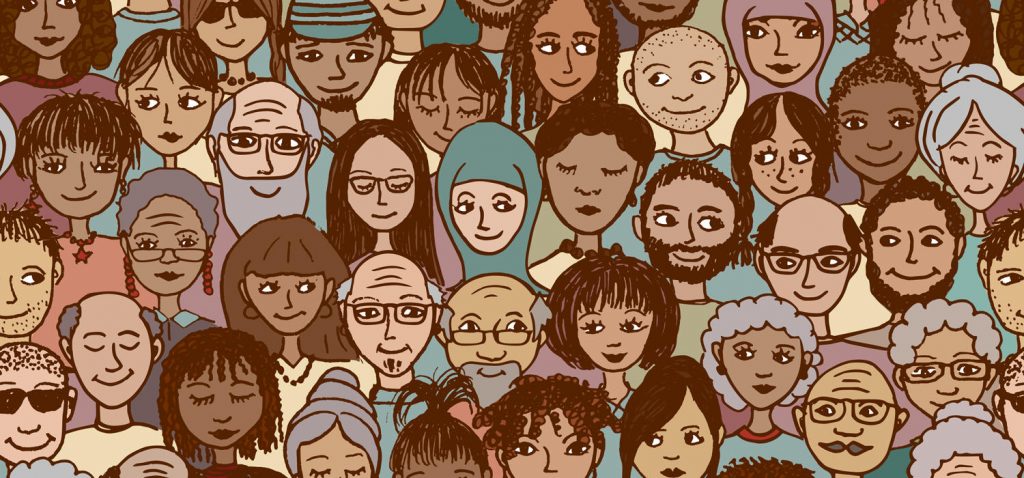Social Inclusion
Social Inclusion is defined as the process aimed at the promotion and advancement of the terms through which the people usually take part in the daily happenings of the human society. It is concerned with the attempts and efforts made to ensure that all individuals of the society, irrespective of their social and economic class, religion, and demographic and ethnic background, are provided with equal opportunities and prospects of participating and contributing to society. Social inclusion calls for a greater understanding of the significance that pluralism and diversity hold in the world today.
Social Inclusion promotes and emphasizes the shared values of recognition, involvement, proximity, and engagement and tries to enhance human development and achieve material and social well being in the society. The practices and procedures of social inclusion hold significant value for the betterment of the human society as a whole. Bringing people closer together by eliminating the distances created social and economic conditions is fundamental to the progress of society. With the impact and influence that globalization has over the human society today, the development and promotion of socially inclusive communities and cities have become ever more important (Marmur and Laidlaw Foundation, 2002).

Racism
Racism is the concept and practice that manifests the idea that the human society can be categorized and divided into separate and exclusive classes of individuals on the basis of their respective races and ethnic identities. It leads to the belief that some classes of the human race are superior to others and results in unfair and socially exclusive practices and treatment towards them. The major factor at play behind racism in the society today is ignorance. Many people develop certain misconceptions and fallacies regarding individuals belonging to a different race, mostly due to a lack of knowledge, experience, and interaction on their parts, which leads to stereotypes and generalization and eventually results in racism.
Such stereotypes and misconceptions of other races and ethnic groups become the foundations of racist behavior and practices in the society. Thus racism, arguably, stems from the lack of knowledge, ignorance, and insensitivity towards other people and their cultures and practices. The existence of such concepts, beliefs, and practices can, therefore, be eliminated by the spread of knowledge and education and by emphasizing on the importance of interaction and communication between the individuals and groups belonging to diverse races and cultures living within the society in order to improve its well-being (Banton, 2018).
Free Speech in the Digital Age
The progress and advancement in digital technology over recent years have physical influenced and transformed the process of globalization. The advent of the digital age has also made communication global and has enabled an individual located in one corner of the world to instantaneously connect with another person on the other side of the globe and exchange information with him. However, with disinformation and ‘fake news’ on the rise, governments and regulatory bodies are increasingly seeking to control digital communication platforms that essentially exist beyond borders and such geographical limitations.
The rise of new digital tools and technologies have enabled the regular individual to access and utilize new avenues and opportunities to speak, create and publish their views and opinions on a global level and have decentralized authority and control over the production, presentation, publication, and spread of valuable information all over the world. The digital technologies have transformed the freedom of speech globally, and adequate measures need to be taken to separate the facts from the faux and establish the accuracy of free speech in the modern world (Balkin, n.d.).
Essay services offered
Custom Essays
Order Essay Services
Essay Writing Help Online
Write My Essay
Essay Writers for Hire
More importantly, please check our especial essay writing services:






